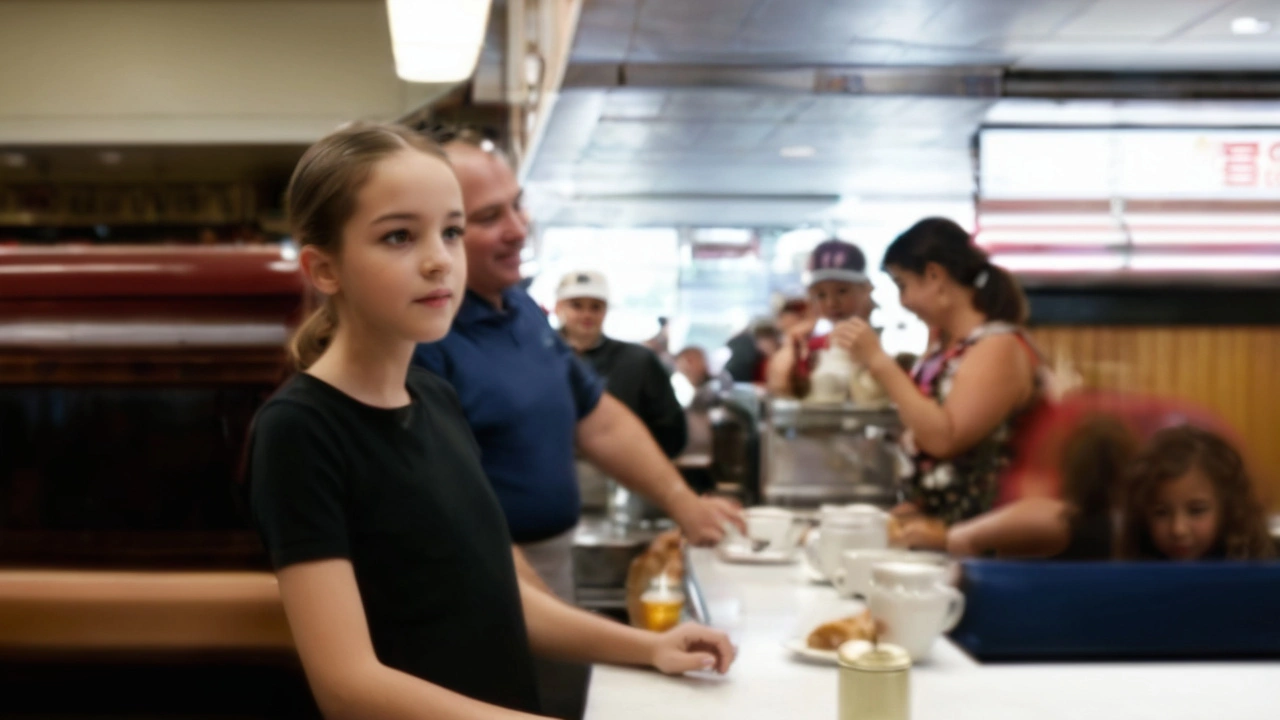Understanding Stereotypes and Their Impact
Ever caught yourself assuming something about a person or group without really knowing them? That’s a stereotype at work — a shortcut our brains use to categorize people or things based on limited info. While this might feel like an easy way to make sense of the world, stereotypes often lead to unfair judgments and misunderstandings.
Stereotypes can be about race, gender, culture, jobs, or even hobbies. For example, the idea that all athletes are not smart, or that people from a certain place all behave the same way. These ideas stick around because they’re simple and repeated often, but in reality, they miss the full story.
Why Do Stereotypes Matter?
It’s not just about being wrong — stereotypes can hurt. They can influence how people are treated at work, school, and in social settings. When someone is boxed into a stereotype, they might feel pressure to conform or experience unfair bias that holds them back. It can also affect self-esteem and opportunities.
On a bigger scale, stereotypes feed into social divides, creating 'us vs. them' mentalities. This can lead to discrimination, exclusion, or even conflict between communities. In news and media, stereotypes shape the stories we hear and the image of groups, making it even harder to break free from these false ideas.
How Can We Break Free from Stereotypes?
Awareness is the first step. When we notice our own assumptions and question them, we get closer to seeing people as individuals. Talking to diverse groups and hearing real stories helps break those mental shortcuts. Challenging stereotypes means slowing down and looking beyond the surface.
Media also plays a huge role — promoting diverse and accurate stories about people challenges stereotypes upfront. At a personal level, treating others with curiosity rather than judgment can reshape how we think and act. It’s not about forgetting patterns but about replacing unfair ones with real understanding.
By breaking stereotypes, we open the door to better connections, fairness, and a clearer view of the world that respects everyone’s unique story.

JD Vance's Controversial 'Childless Cat Ladies' Comment Faces Backlash: A Deep Dive
JD Vance's recent remarks about 'childless cat ladies' have ignited a fierce debate about women's societal roles. As a mom, the author firmly disagrees, arguing that childless women are unfairly stereotyped. The author advocates for respecting women's diverse choices and breaking free from outdated expectations.
